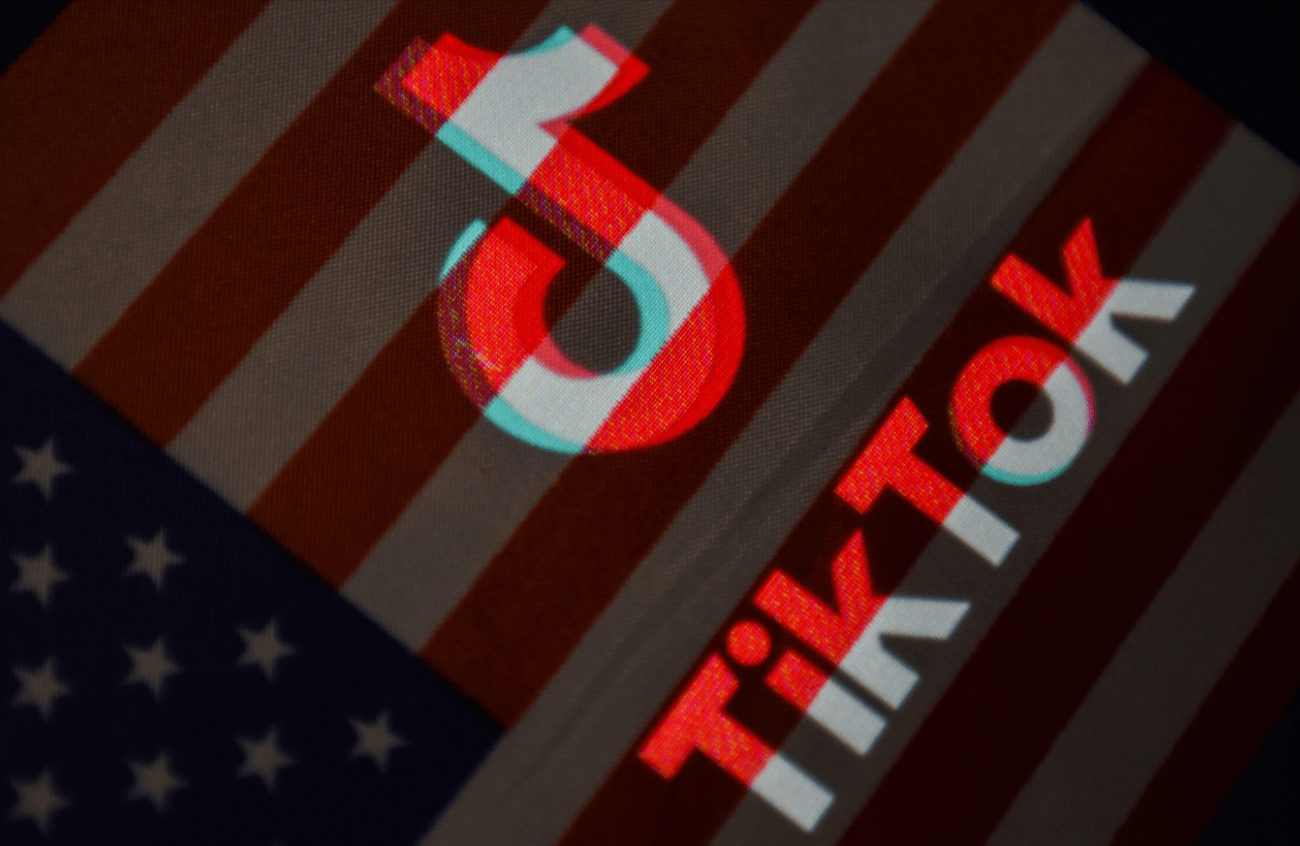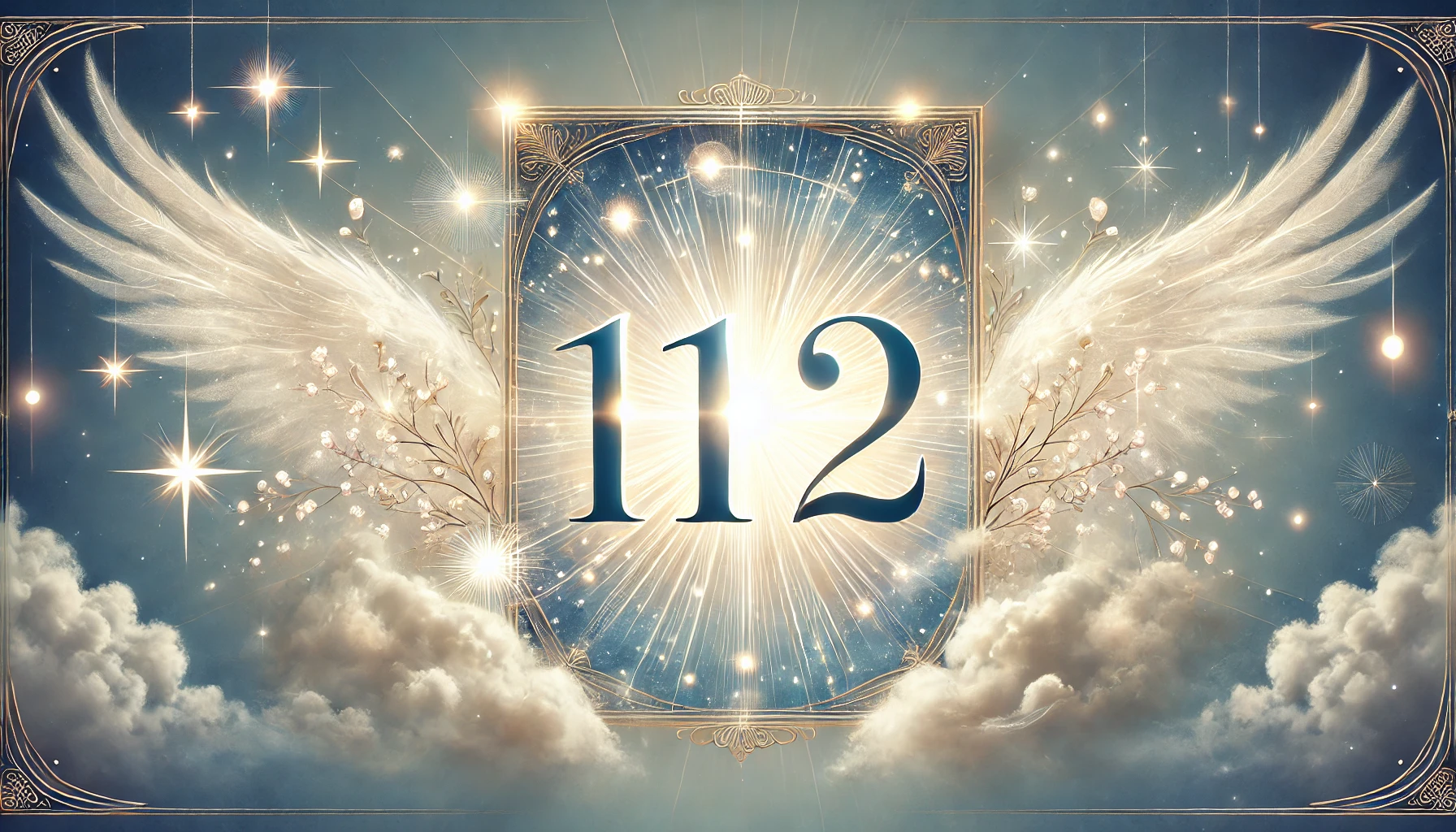TikTok’s attempt to challenge a law that might lead to its ban in the United States has been unsuccessful.
On Friday, a US appeals court upheld the legislation, dismissing TikTok’s claims that it breached constitutional rights. The judges concluded that the law does not violate free speech under the First Amendment or undermine the Fifth Amendment’s promise of equal protection.
With this ruling, TikTok moves closer to the possibility of being banned in the US unless its parent company, ByteDance, agrees to sell it by January 19, 2025. After this deadline, app stores and internet providers in the US could face steep penalties for hosting the platform if it remains unsold. However, the law does give President Biden the option to extend the deadline once if necessary.
In April, President Joe Biden approved legislation mandating that TikTok must be sold to a non-Chinese owner or face a ban within the United States. This decision followed persistent concerns among lawmakers that ByteDance, TikTok’s parent company, could jeopardize national security. The primary fear is that ByteDance might share user data with the Chinese government for surveillance purposes or be coerced into manipulating TikTok’s algorithm to disseminate propaganda.
In May, TikTok launched a legal battle against the new law, arguing it violated the free speech rights of its 170 million U.S. users and unfairly targeted the app compared to other platforms. The case was later combined with lawsuits from individual TikTok creators who shared similar concerns.
During a September hearing, government attorneys claimed that ByteDance, TikTok’s Chinese parent company, retains control over the platform’s algorithm, which they argued could be leveraged to manipulate American users.
In their verdict, a panel of three judges from the U.S. Court of Appeals for the District of Columbia Circuit acknowledged that TikTok provides its U.S. users with a platform for creative expression, fostering connections both domestically and globally.
Court Sides with Federal Authorities
The court’s ruling on Friday largely supported Congress’s actions, determining that lawmakers acted within their constitutional authority and followed the proper legislative steps in establishing the TikTok law. The judges highlighted that the legislation was precisely aimed at addressing TikTok’s ties to China without imposing content restrictions or enforcing a particular content balance.
“The judges explained that Americans would still be free to access and share any PRC-related propaganda—or any other type of content—on TikTok or other platforms they choose. However, they highlighted that the law’s main focus is to limit the Chinese government’s covert ability to control content on the platform. Seen in this light, the court concluded that the government’s argument is entirely consistent with the First Amendment.”
The judges weren’t convinced by TikTok’s arguments and shot down the company’s objections regarding the U.S. government’s national security worries. They pointed out that TikTok was nitpicking the way officials framed its data practices. In their view, TikTok’s defense missed the bigger picture, focusing on small details instead of addressing the core concerns.
One of the main points of contention in the case was a proposed agreement between TikTok and U.S. national security officials. TikTok argued that this deal would have addressed concerns about possible spying. However, during the legal battle, TikTok alleged that the U.S. government had acted in bad faith by dragging out negotiations for months, then suddenly ending communication and moving forward with the legislation signed by Biden. On the other hand, government lawyers countered that the proposed deal did not go far enough to eliminate the national security risks involved.
On Friday, the judges backed the U.S. government’s position regarding the negotiations, emphasizing that they couldn’t question or challenge the decision by U.S. officials to reject the TikTok deal as inadequate in addressing national security risks.
Jasmine Enberg, a principal analyst at eMarketer, referred to the court’s decision as a “significant hurdle” for TikTok but not necessarily a decisive blow to its future.
“If TikTok’s appeal to the Supreme Court fails and the ban is put into effect, it would create a massive shift in the social media landscape. Platforms such as Meta, YouTube, and Snap would likely benefit the most, while TikTok’s content creators and small businesses relying on the app for their income would face serious financial struggles,” Enberg shared in an email.
Fans and Supporters of TikTok
After the court’s decision, Patrick Toomey, deputy director of the ACLU’s National Security Project, slammed the ruling, calling it a “dangerous and deeply flawed precedent.”
“To shut down TikTok would directly violate the First Amendment rights of millions of Americans who use the platform to express themselves and stay connected with people worldwide,” Toomey explained. “The government can’t just shut down an entire communication network unless there’s clear and immediate evidence of a serious threat—and that evidence simply isn’t there.”
Users on TikTok were quick to share their thoughts about the court’s decision on Friday morning.
“One word: insane,” one user said in a video on the platform. “I definitely don’t want Mark Zuckerberg taking over TikTok—that would just make things worse.” (It’s important to note that there’s no evidence suggesting Zuckerberg, who has his own TikTok-inspired feature with Instagram Reels, plans to buy the app from ByteDance. Plus, any attempt to do so would likely face challenges from US antitrust regulators.)
“I’m still optimistic that TikTok will avoid a ban in the US, but honestly, things aren’t looking great right now,” one user expressed.
Should TikTok fail to win its appeal or break away from ByteDance, the ban could go into effect the day before President-elect Donald Trump’s swearing-in ceremony.
Although Trump was the one who first tried to block TikTok during his previous presidency, he’s recently suggested that he no longer has any intention to pursue that path.
Back in March, Trump took to Truth Social to voice his opposition to a TikTok ban, claiming that it would only give Facebook and Mark Zuckerberg — whom Trump has baselessly accused of meddling in the 2020 election and even threatened with “life in prison” — an unfair advantage. Despite these accusations, Zuckerberg has made efforts to mend ties with Trump, including congratulating him on his 2024 election win and meeting with him at Mar-a-Lago.
Then, in June, Trump doubled down on his position in a video shared directly on TikTok, declaring that he would “never ban TikTok.”
However, it’s still up in the air whether Trump could manage to block the law or find some loophole to bypass its enforcement.


